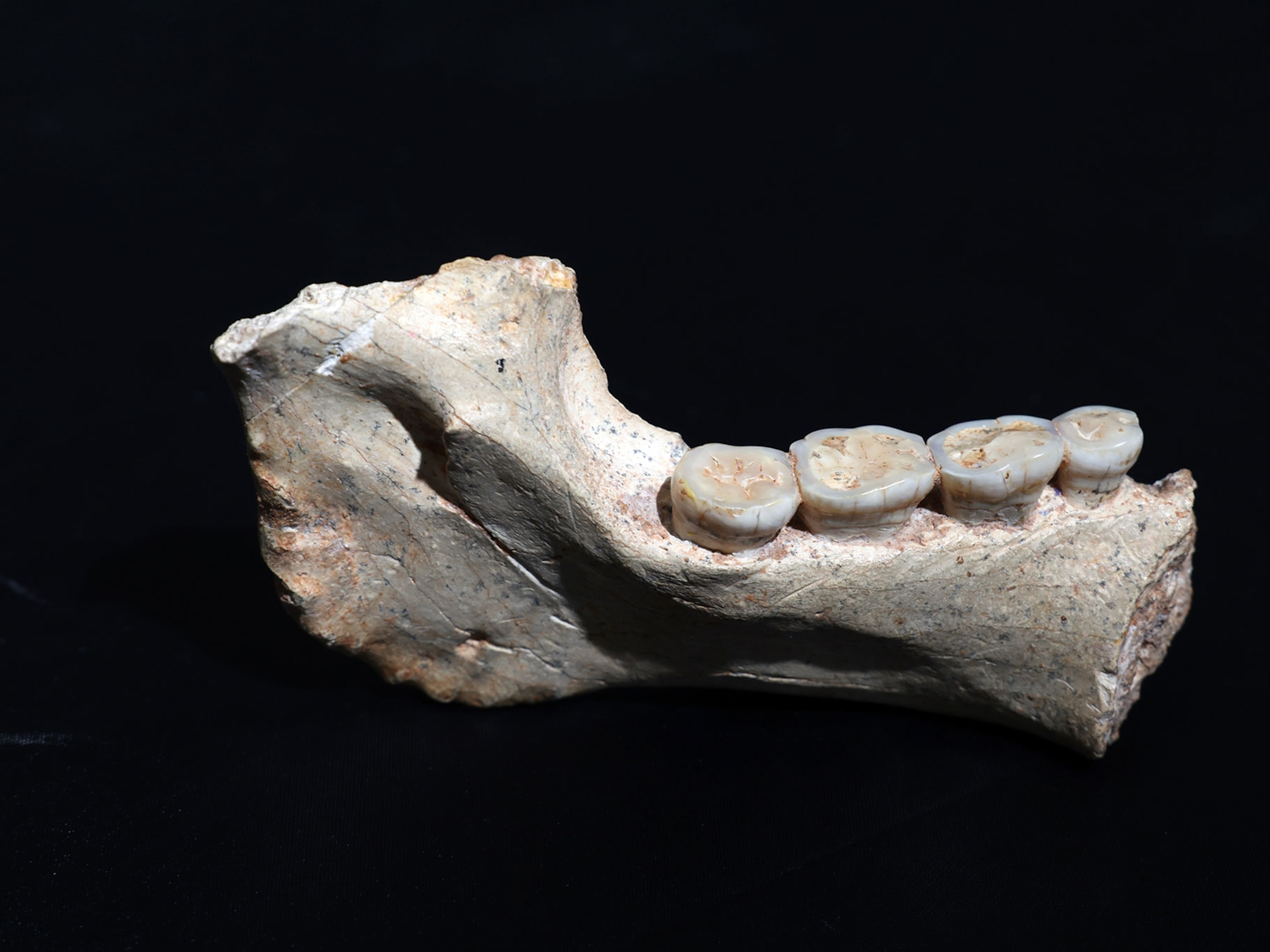
Human Brains "Evolve," Become Less Monkey-Like With Age
The brain regions that grow the most as we age are the same areas that expanded the most during evolution, a new study says.
Brain regions that grow the most outside the womb are the same areas that expanded the most during evolution from monkeys to humans, a new study says.
As the human brain matures, it expands in a "strikingly nonuniform" fashion, according to researchers who compared MRI scans of 12 infant brains with scans of 12 young-adult brains. (See brain pictures.)
The research revealed that brain regions involved in higher cognitive and executive processes—such as language and reasoning—grow about twice as much as regions associated with basic senses such vision and hearing, said study leader Jason Hill, a neurobiologist at Washington University in St. Louis, Missouri.
"The parts of the [brain] that have grown the most to make us uniquely humans are the same regions that tend to grow the most postnatally," Hill said.
Hill and colleagues also compared the new human-brain scans with brain scans of macaque monkeys.
(Q: Why don’t apes have bigger brains? A: They can’t eat enough to afford them)
The results suggest that the expansion patterns in infant brains are "remarkably similar" to how human brains have changed since humans and macaques diverged from a common ancestor about 25 million years ago.
Early Human Brain Primed for Survival?
Hill and colleagues suspect that development of the human brains' higher cognitive and executive regions may be delayed to allow them to be shaped by early life experiences. (Read "Beyond the Brain" in National Geographic magazine.)
The delay could help keep a fetus's brain from growing too big to fit through his or her mother's pelvis.
"It is evolutionarily advantageous to put those resources more into the maturation of regions that are better suited to early survival, such as being able to see and recognize your mother," Hill said.
Brain Research May Help Preemies
The researchers hope that the new brain discovery can help uncover where and how the development of some premature babies goes awry.
"We know that 30 to 50 percent of preterm infants have some kind of lasting neurodevelopmental problem," Hill said, "and in a lot of cases we don't necessarily know why."
Findings appear online this week in the journal Proceedings of the National Academy of Sciences.




